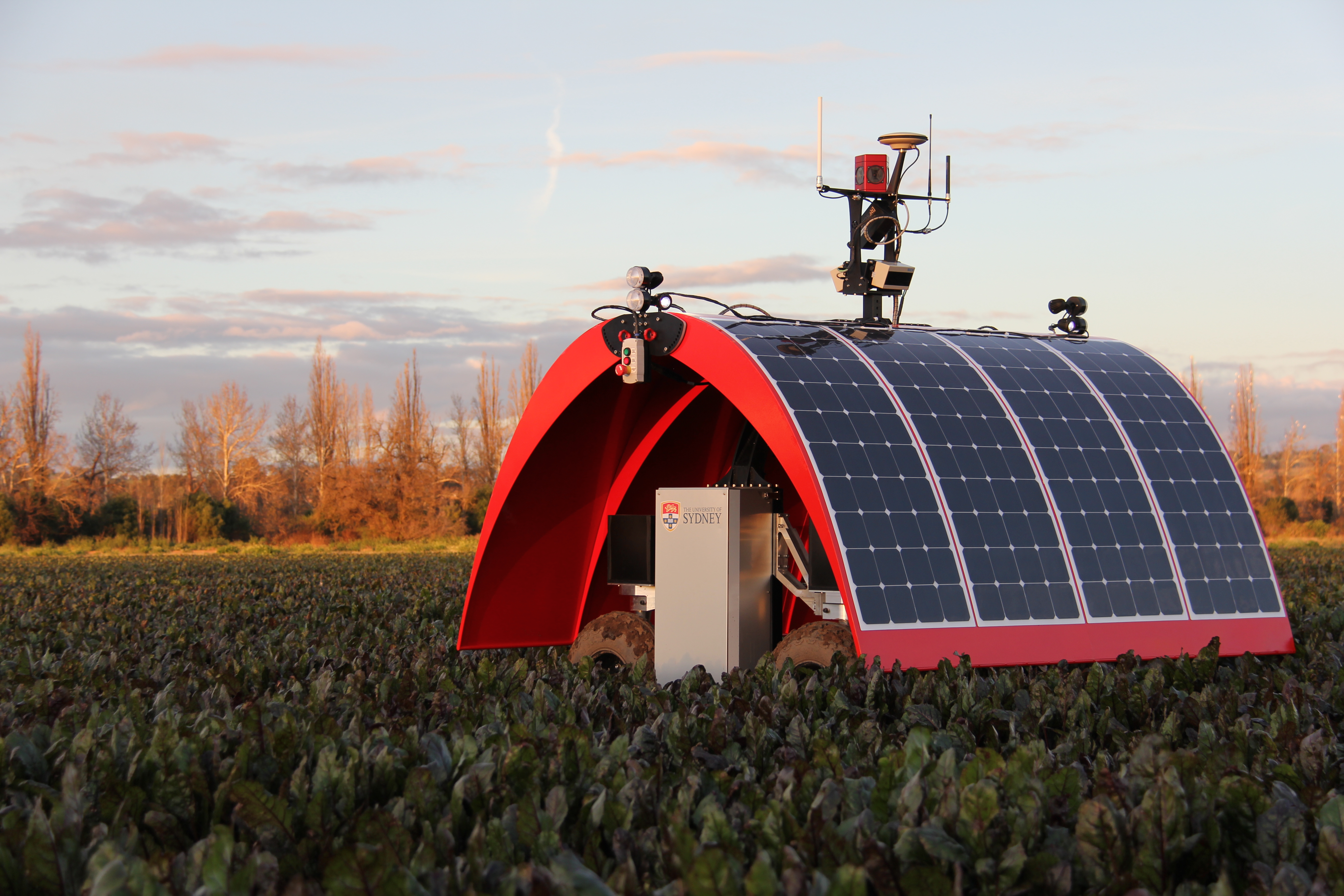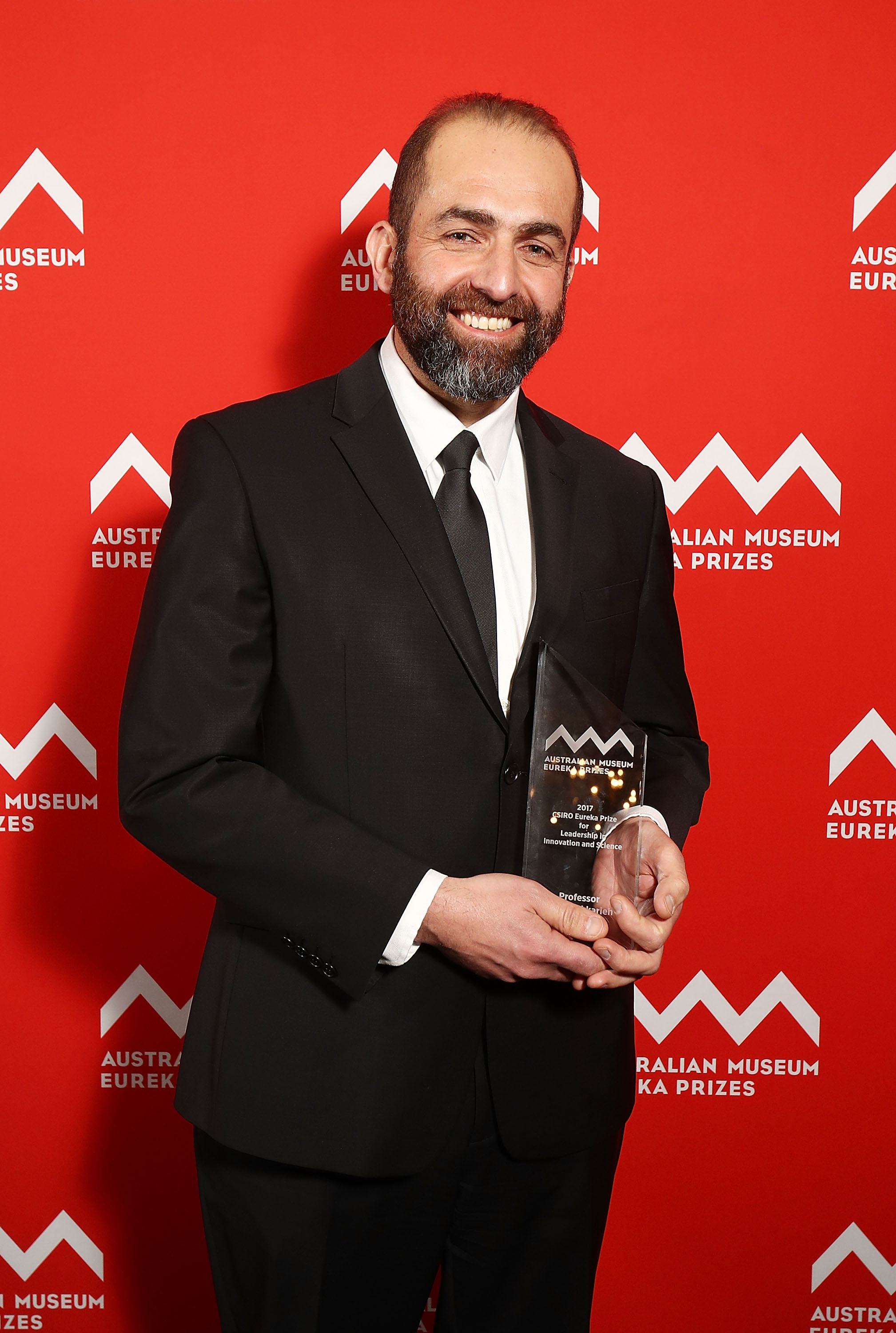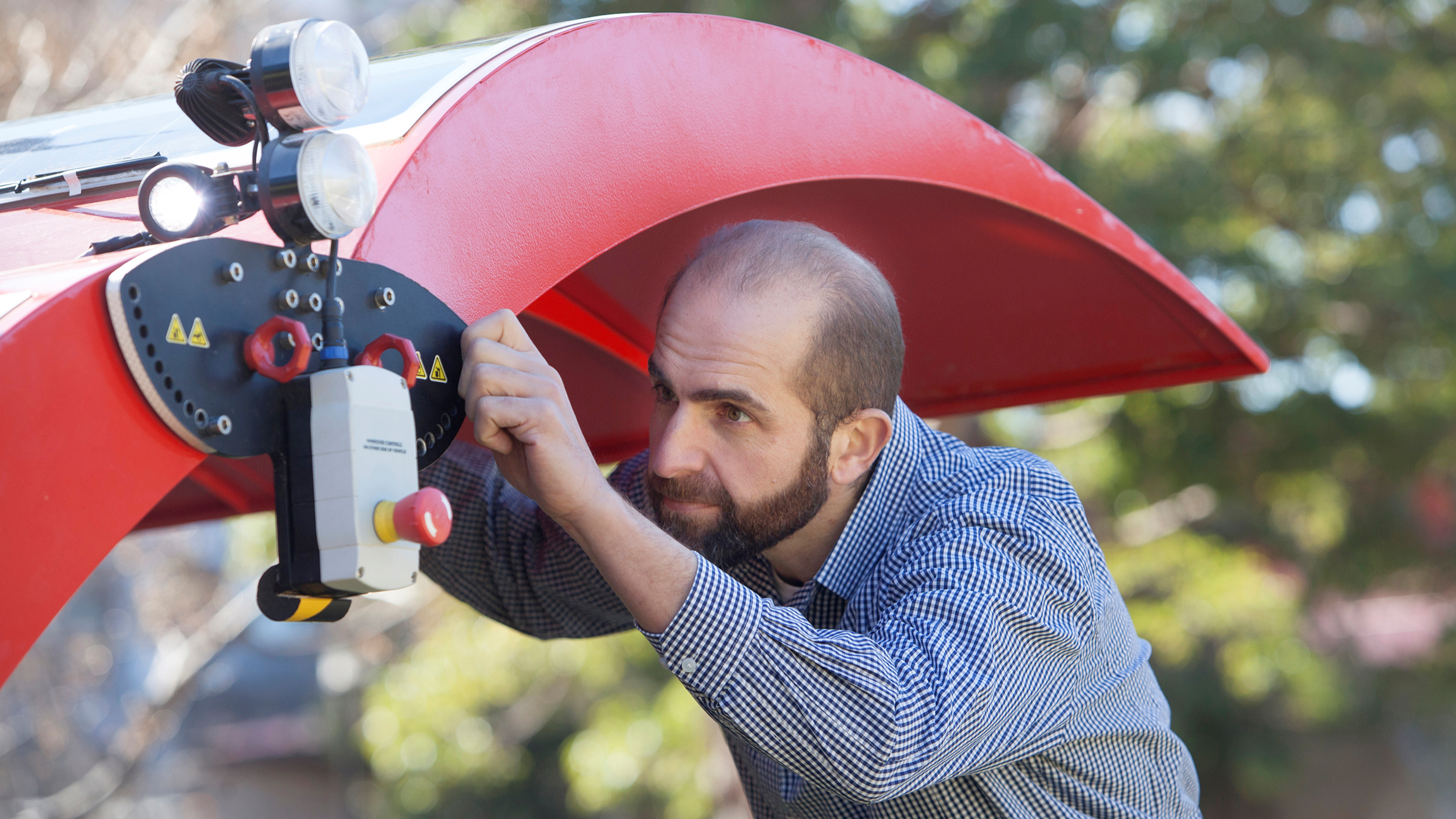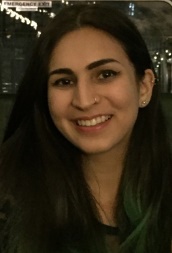University of Sydney Professor Salah Sukkarieh beat out four other scientists in being awarded CSIRO Eureka Prize for Leadership in Innovation and Science.
The annual award recognises the role and impact of great leadership and innovation in science.
Professor Sukkarieh, who teaches in the Department of Robotics and Intelligent Systems among his many other projects, was recognised for his work in successfully applying cutting-edge intelligent systems and autonomous devices to the real world.
Sukkarieh said he was humbled and honoured to be the recipient of the 2017 award.
“This award is as much a reflection of the dedication and support of the people around me; from my team, through to the Faculty of Engineering and Information and Technologies and the University of Sydney, and to my family,” he said.
With his team at the Australian Centre for Field Robotics for research in agriculture at the University of Sydney, Sukkarieh has built a host of robots being intended to be used to automate farming.
One such application is his ground-breaking robot, the ‘Ladybird’, an intelligent automated device designed specifically for vegetable farming and able to autonomously map, analyse and detect a variety of vegetables.

Sukkarieh is the Director of Rio Tinto Centre for Mine Automation and is working to establish an autonomous mine operation in Western Australia’s Pilbara region. Currently, he is focusing on autonomous devices that can replace manual human labour on large-scale agricultural productions.
Along with his colleagues, Sukkarieh developed an automated berth in Brisbane for loading and unloading ships using robotic devices without the need for humans. He has also developed a completely autonomous robotic aircraft to detect and spray invasive weeds in remote areas.
University of Sydney Vice-Chancellor and Principal Dr Michael Spence said the Eureka prize was a testament to the outstanding quality of Professor Sukkarieh’s work.
“Professor Sukkarieh is a true leader – someone whose research is not only recognised nationally and internationally, but who at the same time is contributing to innovation, helping to develop the careers of others, and playing a major role in community engagement,” he said.

Finalists for the Eureka Prize for Leadership in Innovation and Science can be found here.
Previous winners of the award have been University of Wollongong Professor Gordon Wallace, University of New South Wales Professor Michelle Simmons, Walter and Eliza Hall Institute of Medical Research Professor Terry Speed and University of Melbourne Professor Frank Caruso.
Other Eureka prizes were awarded at the gala dinner to scientists and researchers leading in fields such as data science, mentorship, environmental research and interdisciplinary scientific research.
The event was held at Sydney Town Hall on 30 August and Sukkarieh was the recipient of a $10,000 prize as part of his award.










